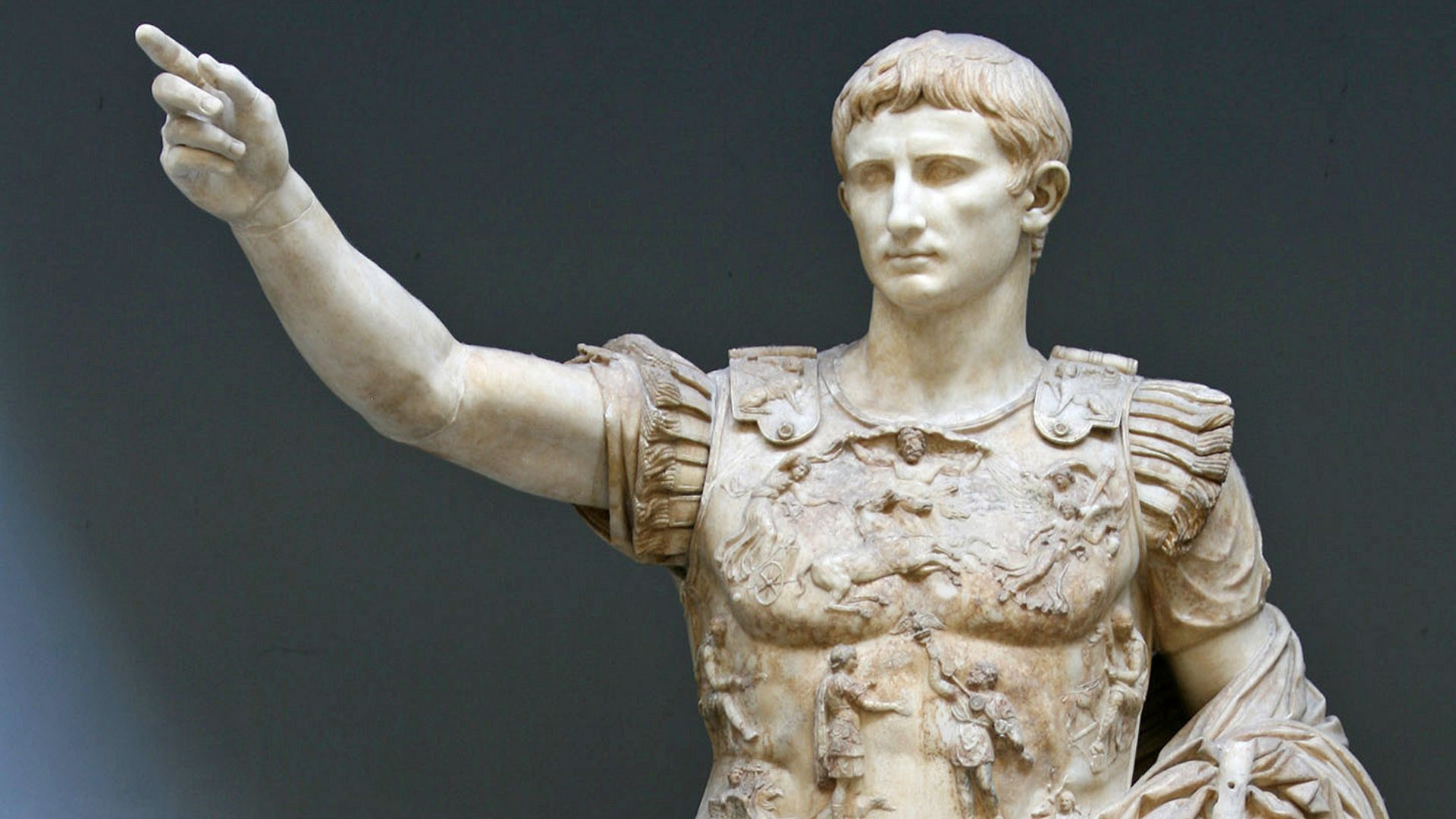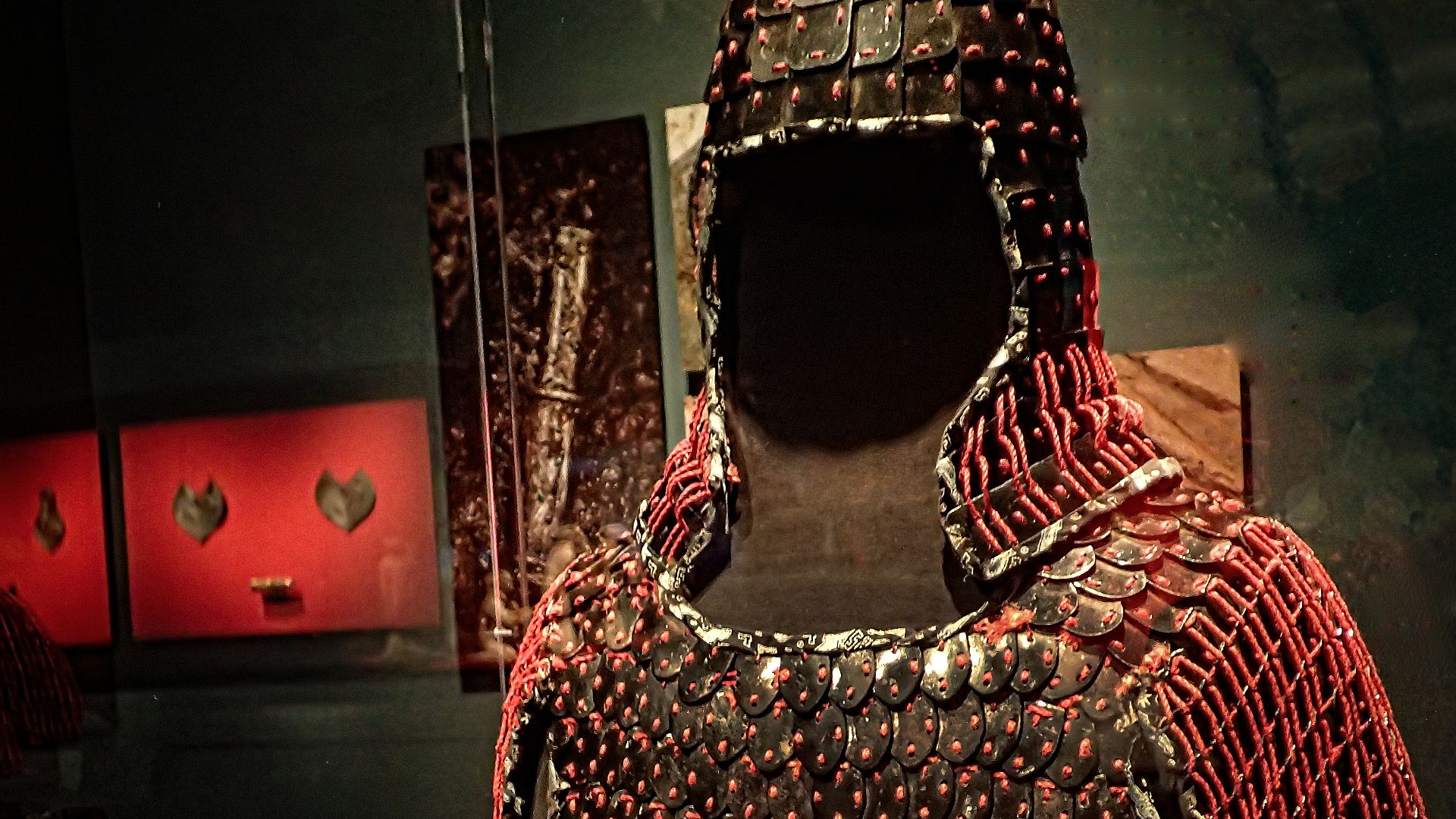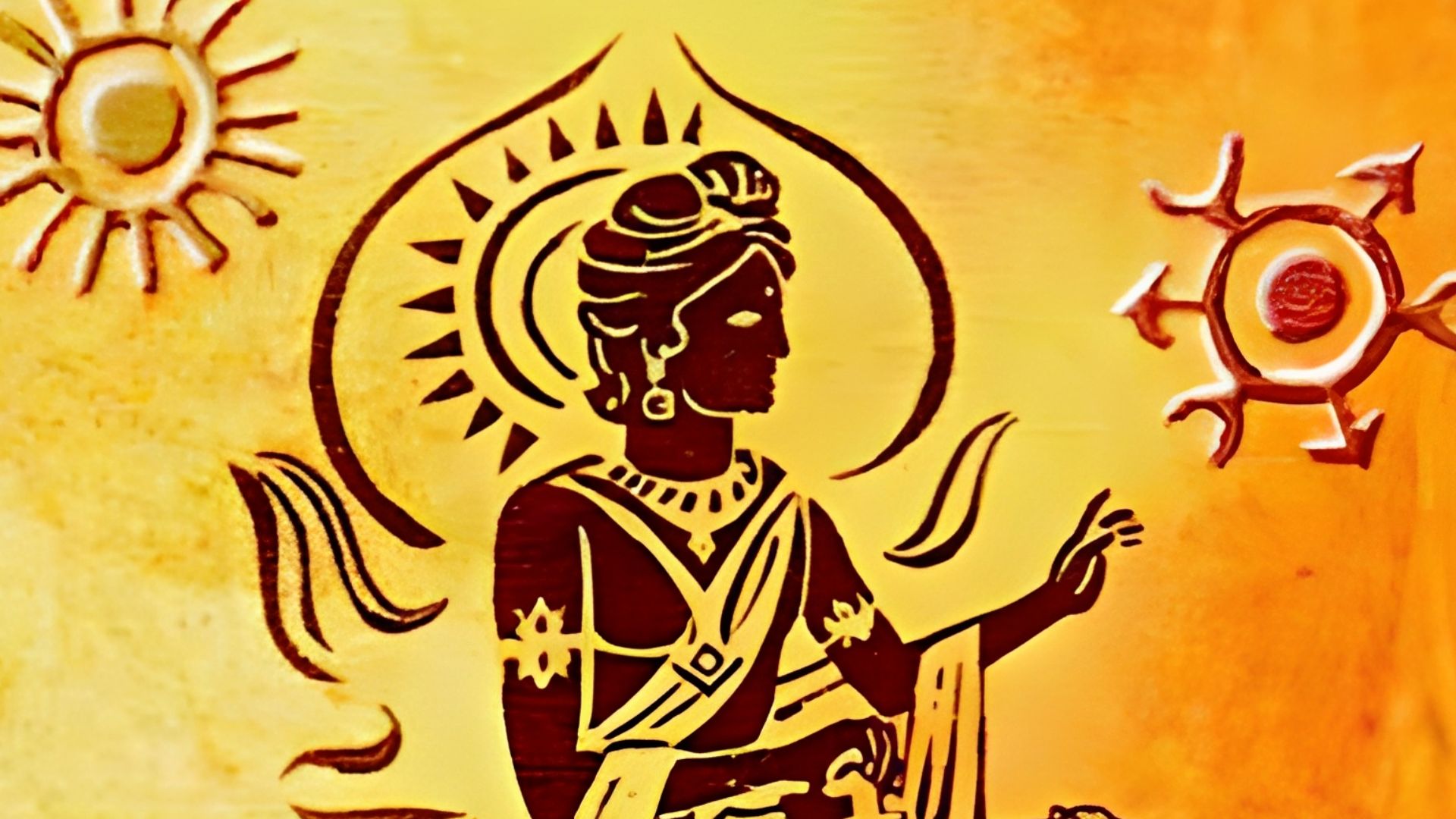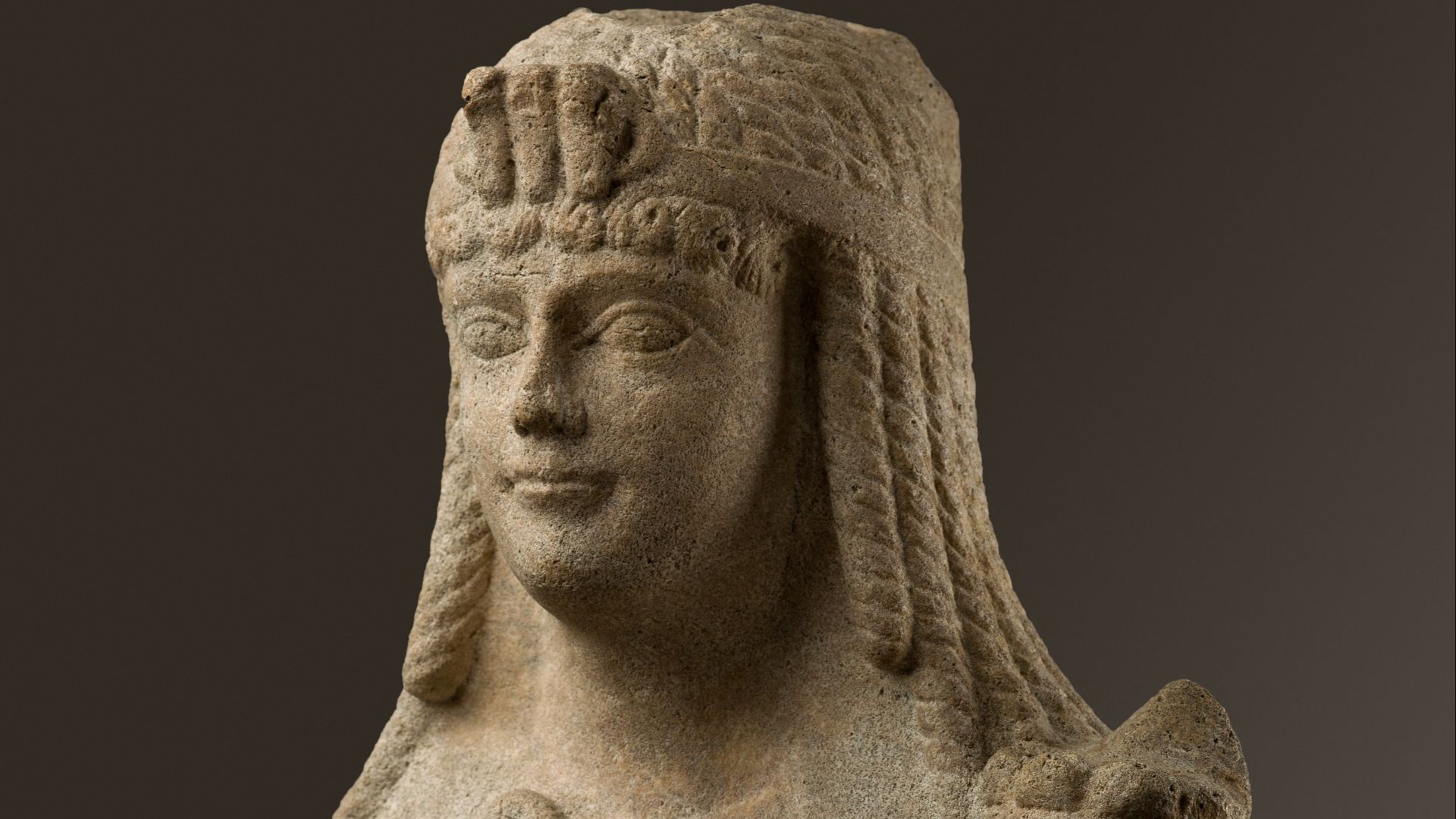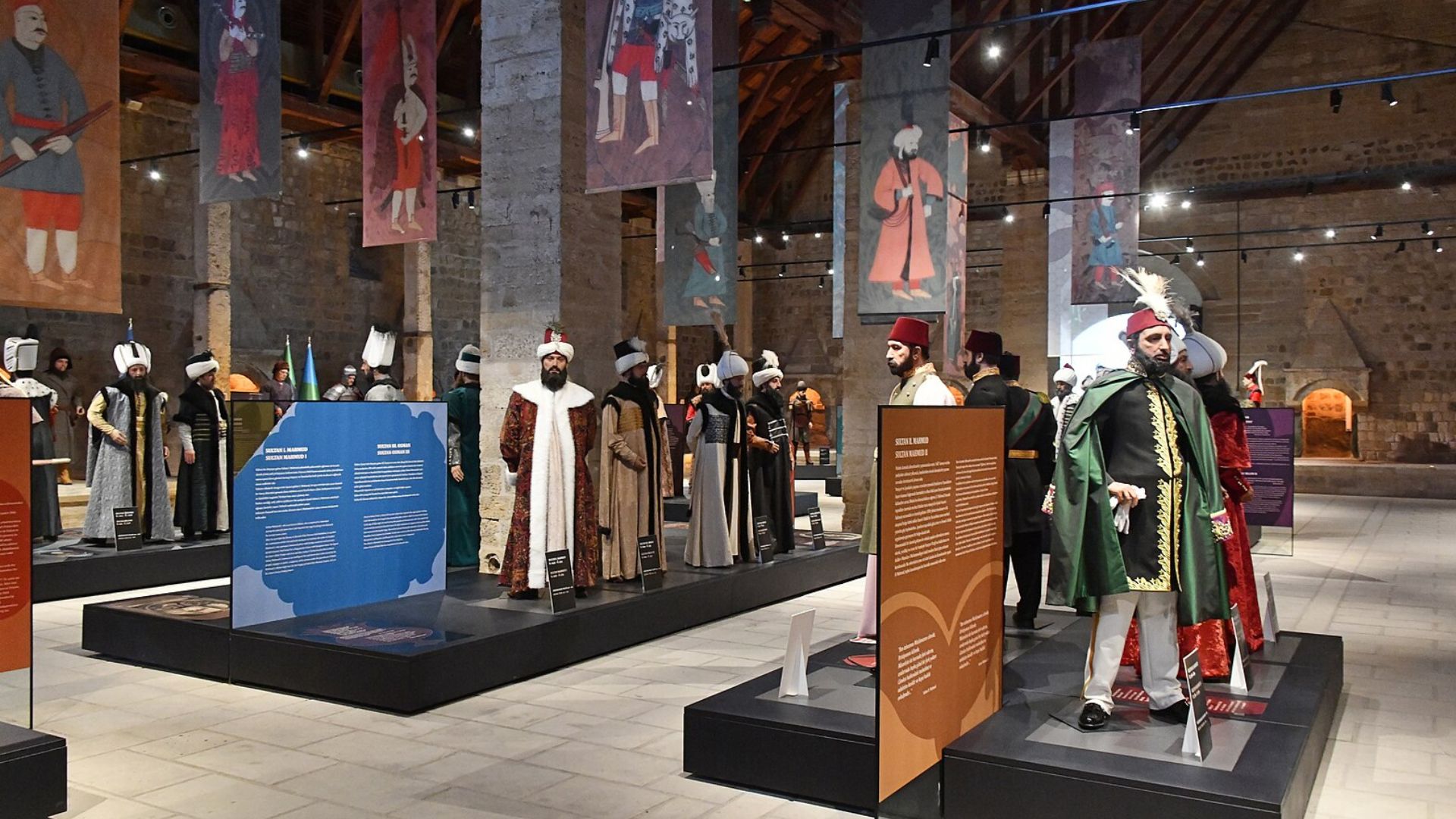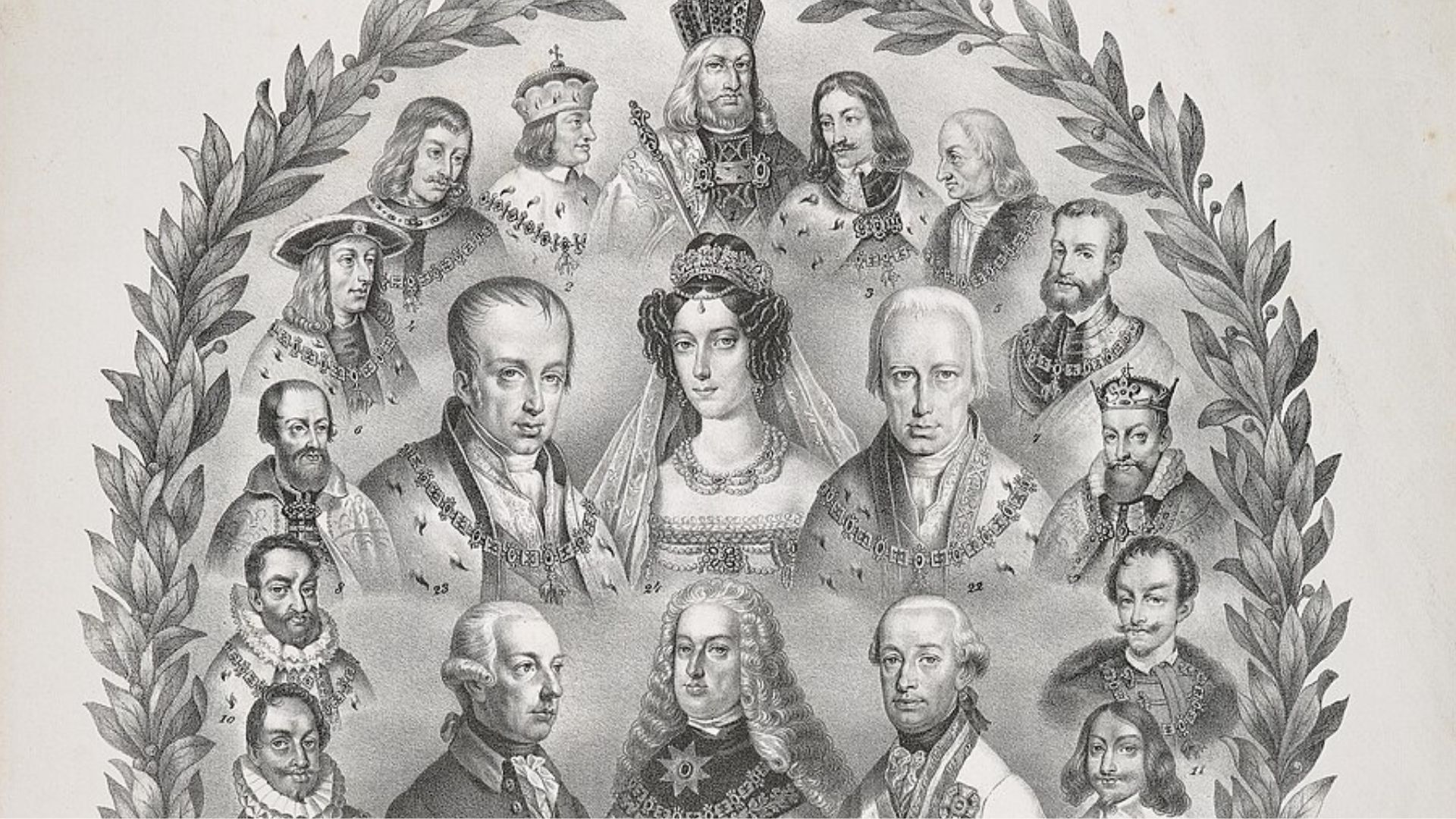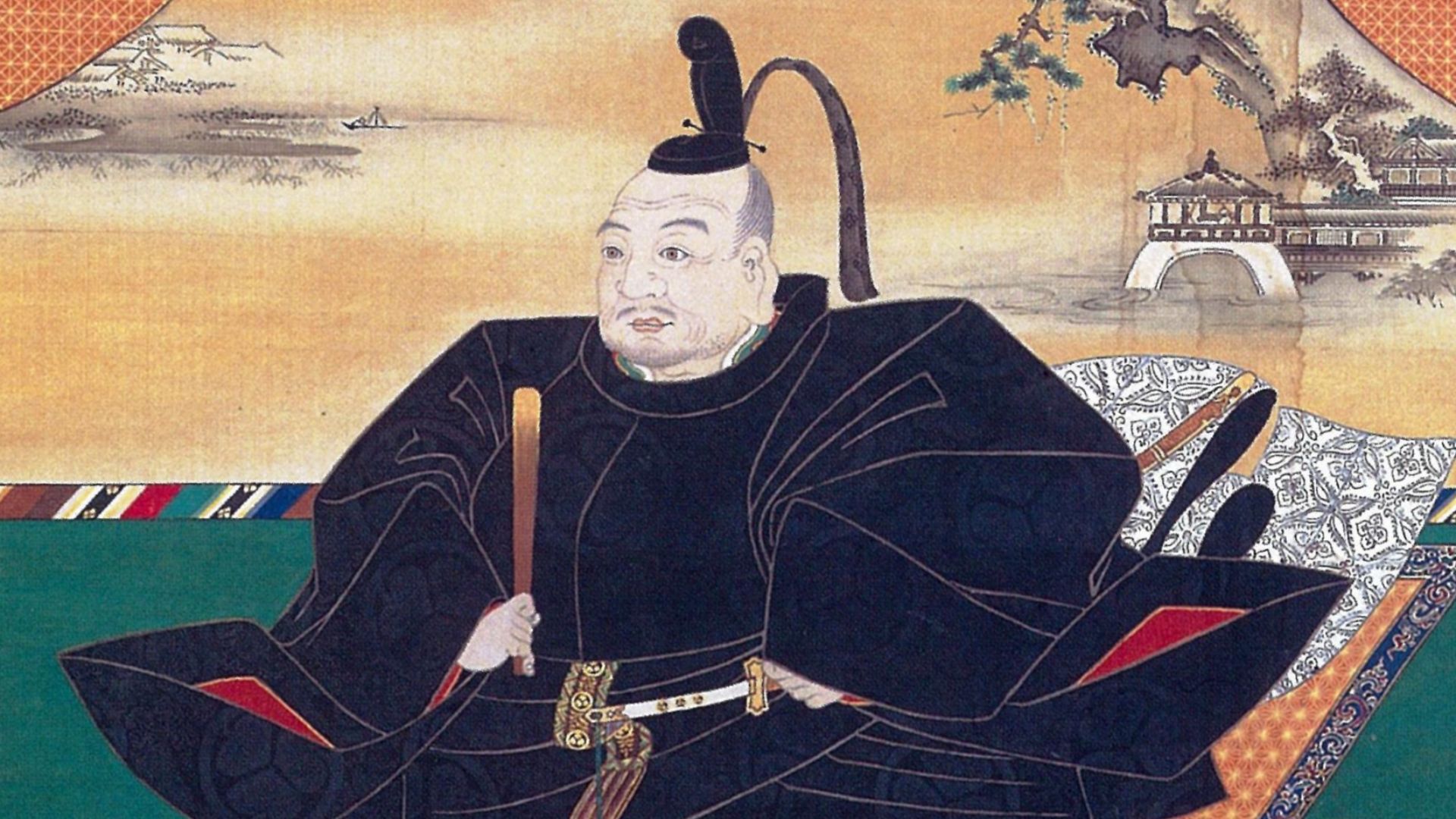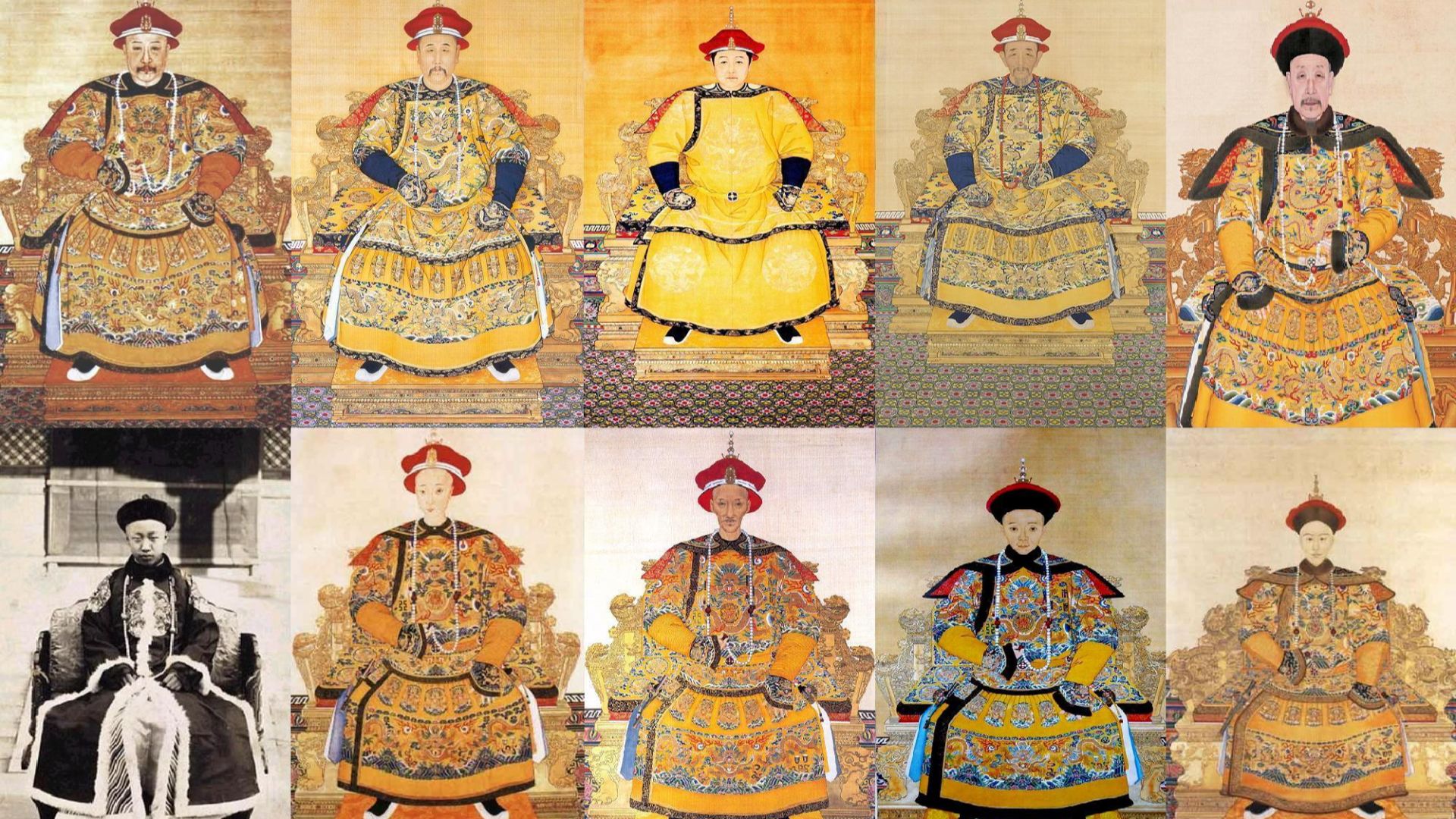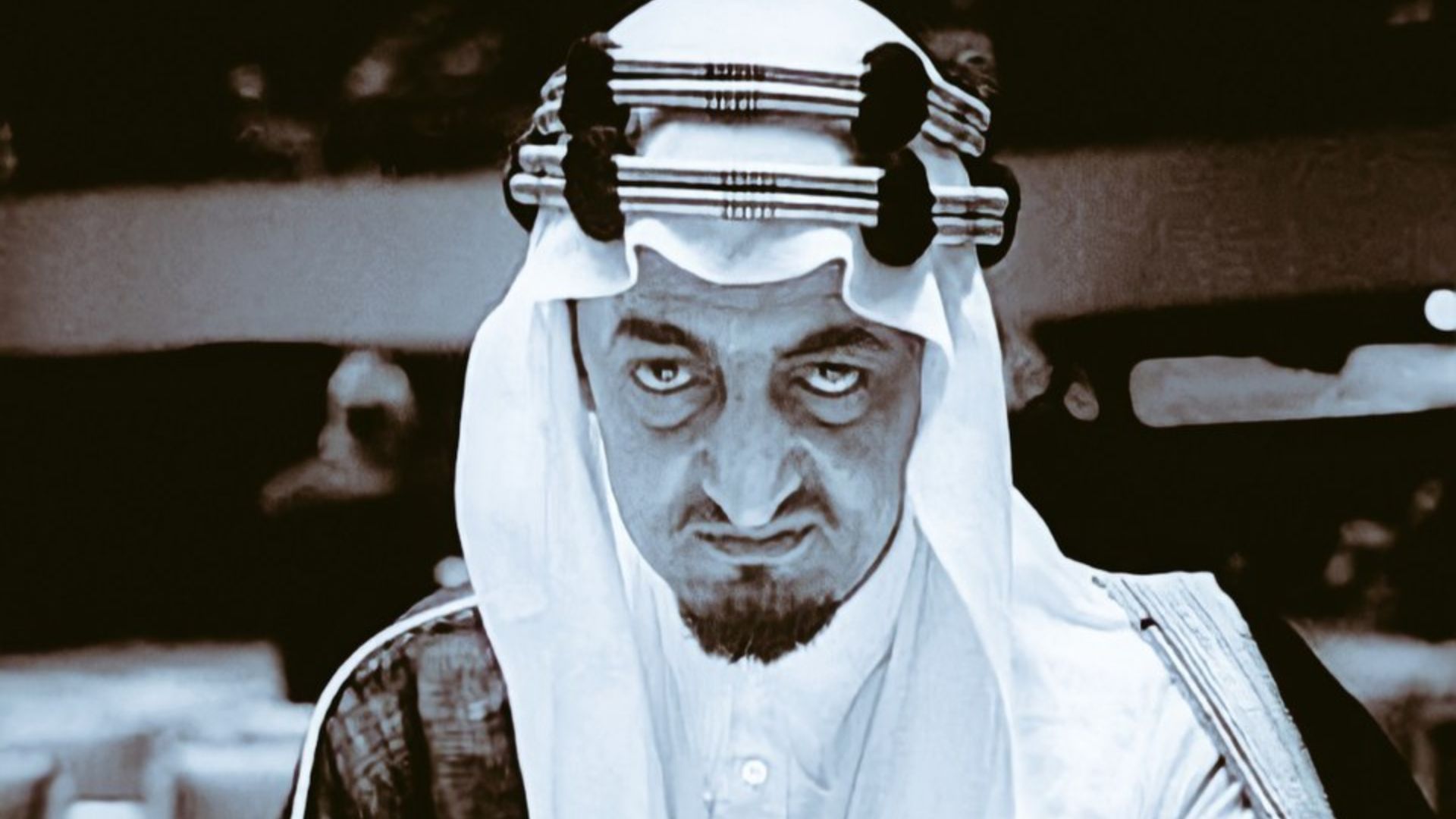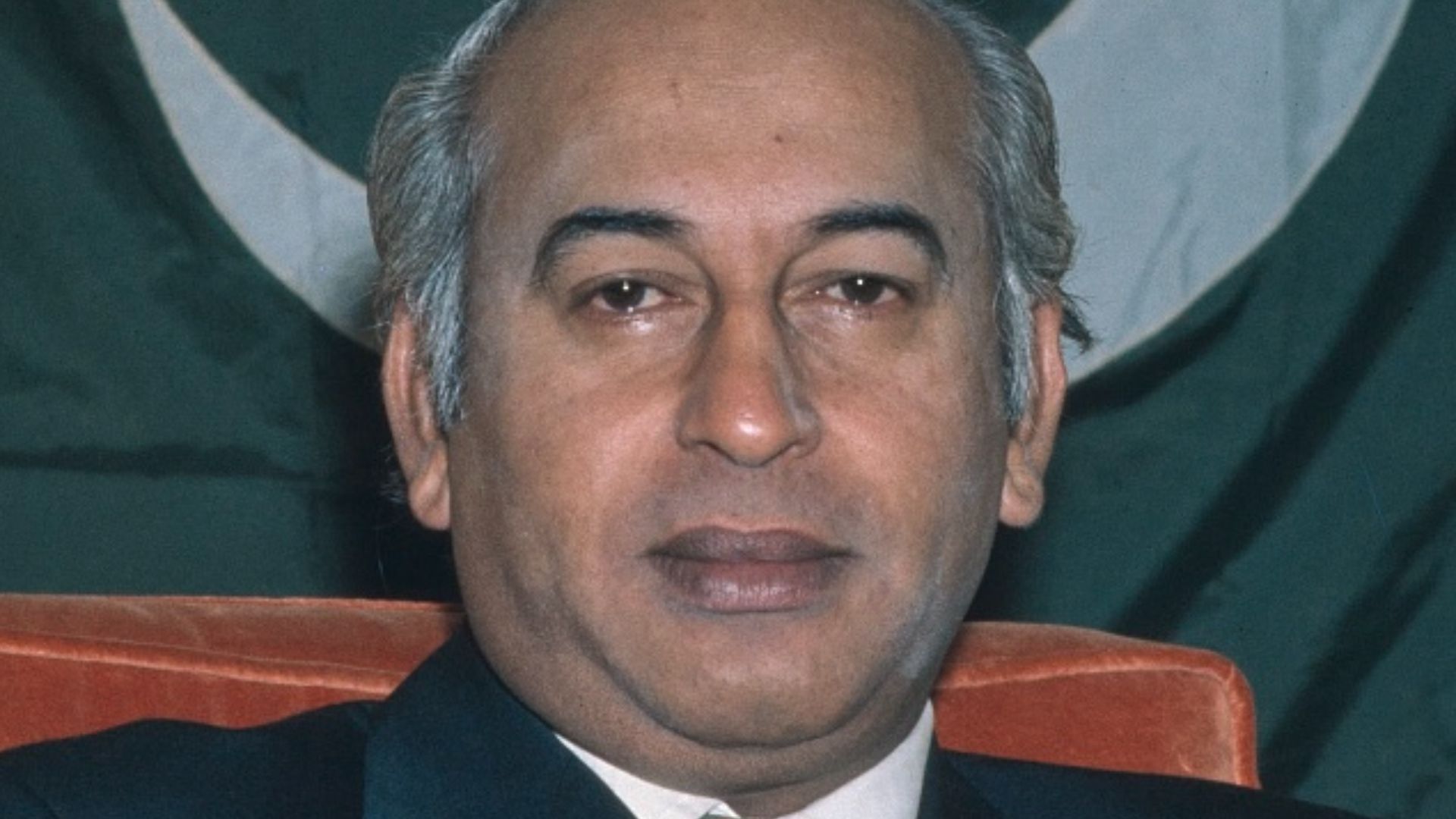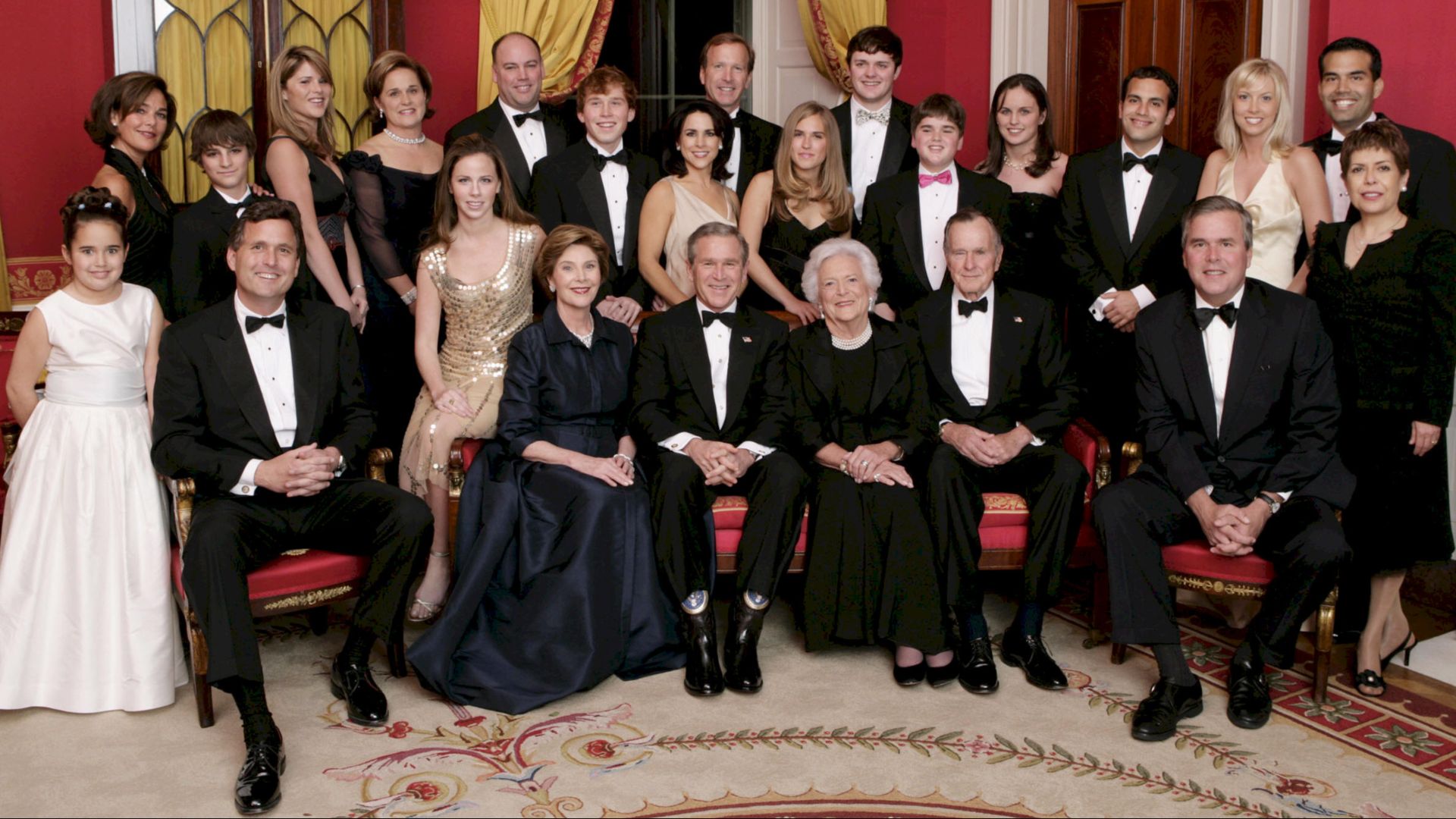The 20 Most Influential Political Dynasties Throughout History
History's Favorite Last Names
Every generation has its big names. In some cases, those names show up again and again. Not because they’re lucky but because they've built systems that have consistently kept them close to the top. Across centuries and continents, these families turned legacy into leverage and kept their seats at the table. Here’s a close look the 20 most influential dynasties of all time.
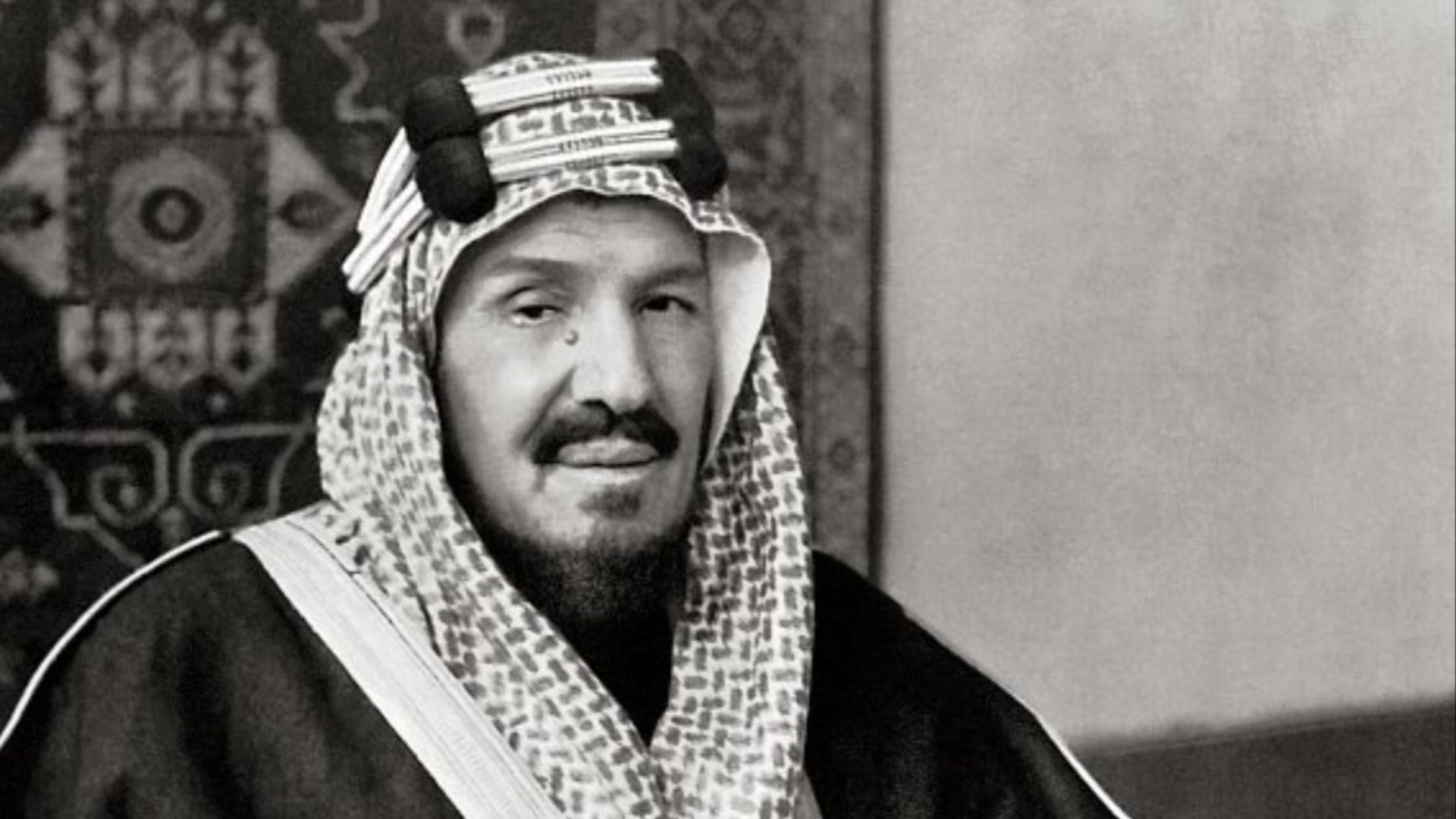 Lcxzdf56 (talk · contribs) on Wikimedia
Lcxzdf56 (talk · contribs) on Wikimedia
1. The Julio-Claudian Line
Augustus launched more than an empire; he set a template. This family of rulers oversaw Rome’s brutal transition from republic to autocracy. Personality cults and excess didn’t stop them from anchoring the imperial system that would define Roman politics for centuries to come.
2. The Han Dynasty
The Han Dynasty shaped China’s identity in lasting ways. Ruling from 206 BCE, they expanded trade routes and standardized currency. Most importantly, they adopted Confucianism to guide education and government. This turned public service into a merit-based system, influencing how officials were chosen across East Asia for generations.
3. The Maurya Empire
Ashoka didn’t begin as a pacifist. After the Kalinga War, he renounced conquest and turned to Buddhist principles to spread them through edicts carved in stone. Earlier, Chandragupta Maurya had laid the foundation, centralizing a fractured India into a powerful state with espionage and military strength.
4. The Ptolemaic Dynasty
Greek in origin, Egyptian in legacy. The Ptolemies ruled from Alexandria, where astronomy and trade flourished. Cleopatra VII maneuvered Rome’s civil wars with unmatched political finesse. Her story ends dramatically, but the dynasty’s legacy lies in cultural fusion and scholarly achievement.
5. The Abbasid Caliphate
Founded after overthrowing the Umayyads, this dynasty moved the Islamic capital to Baghdad and set the stage for a scientific and philosophical boom. Scholars translated Greek texts and built observatories. The political powerhouse was a global intellectual magnet for over 500 years.
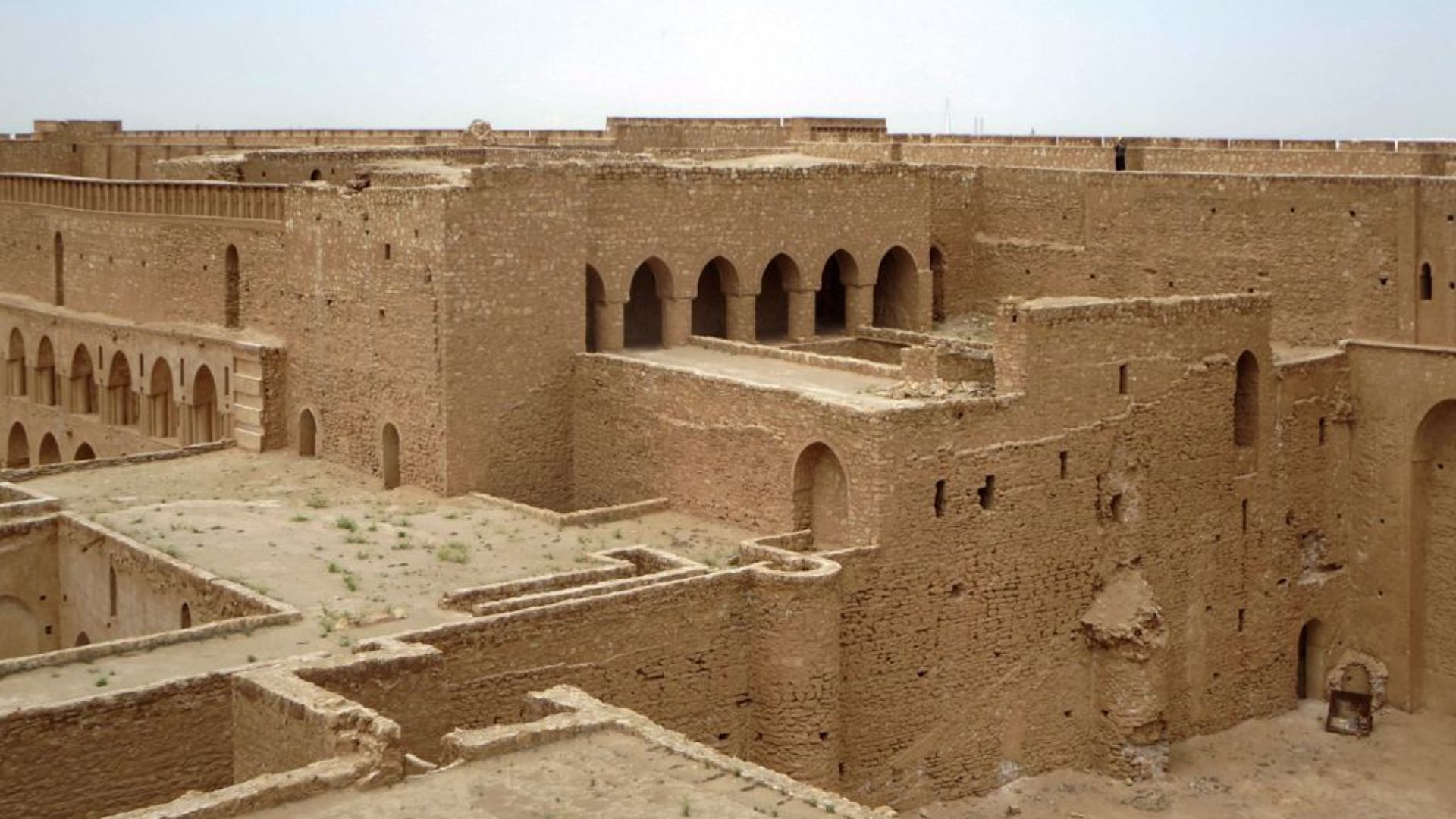 David Stanley from Nanaimo, Canada on Wikimedia
David Stanley from Nanaimo, Canada on Wikimedia
6. The Capetian Kings
Longevity defined their rule. From 987 onward, the Capetians managed smooth successions that other European dynasties envied. Direct father-to-son inheritance built royal strength over time. As the monarchy grew more centralized, France emerged as a powerful kingdom that would outlast many of its continental rivals.
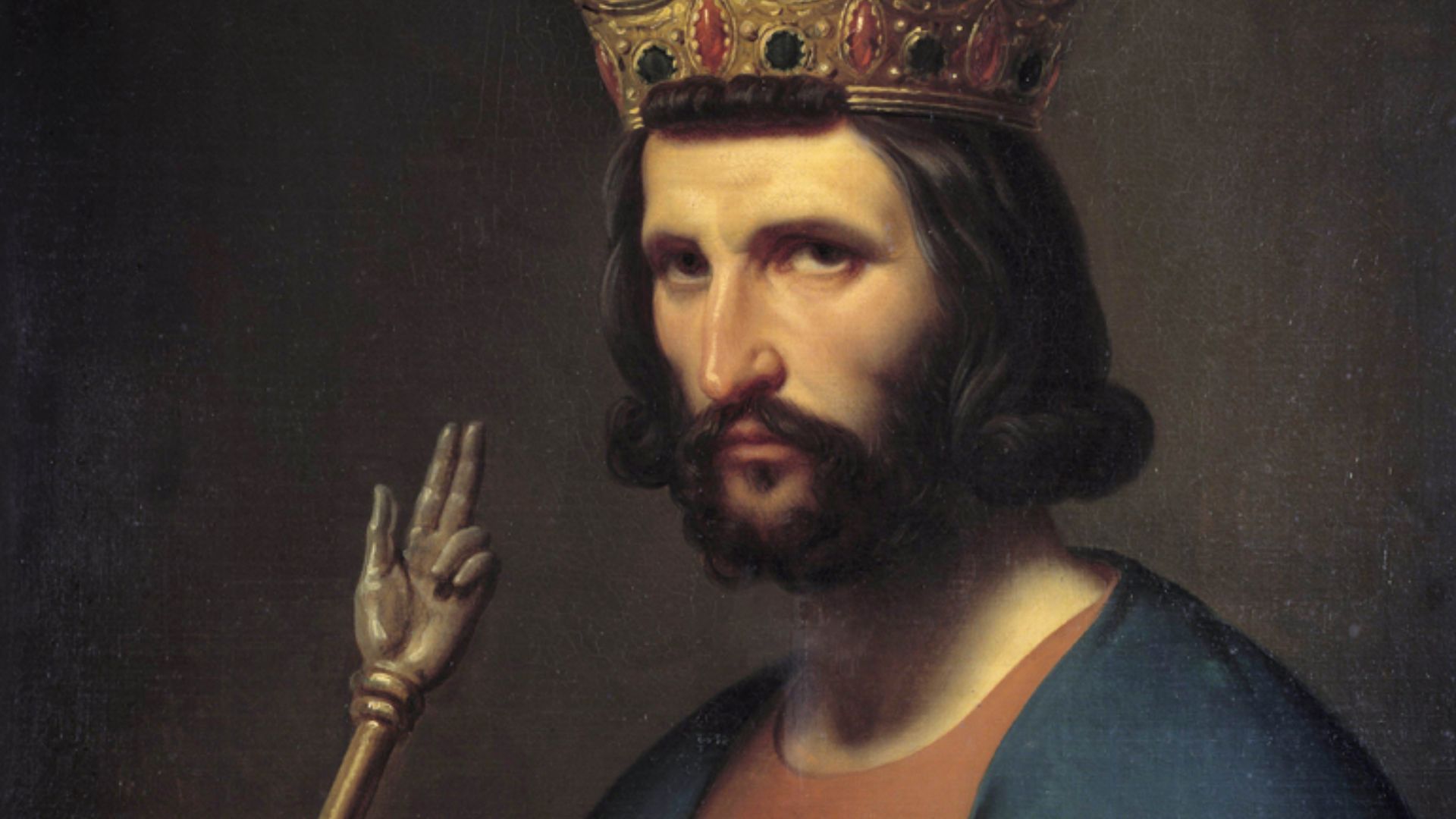 Charles de Steuben on Wikimedia
Charles de Steuben on Wikimedia
7. The Plantagenet House
The Plantagenets ruled England and vast French territories, fought in the Crusades, and faced baronial revolts. King John signed the Magna Carta under pressure. Their downfall came not from outside conquest but from a civil war known as the Wars of the Roses.
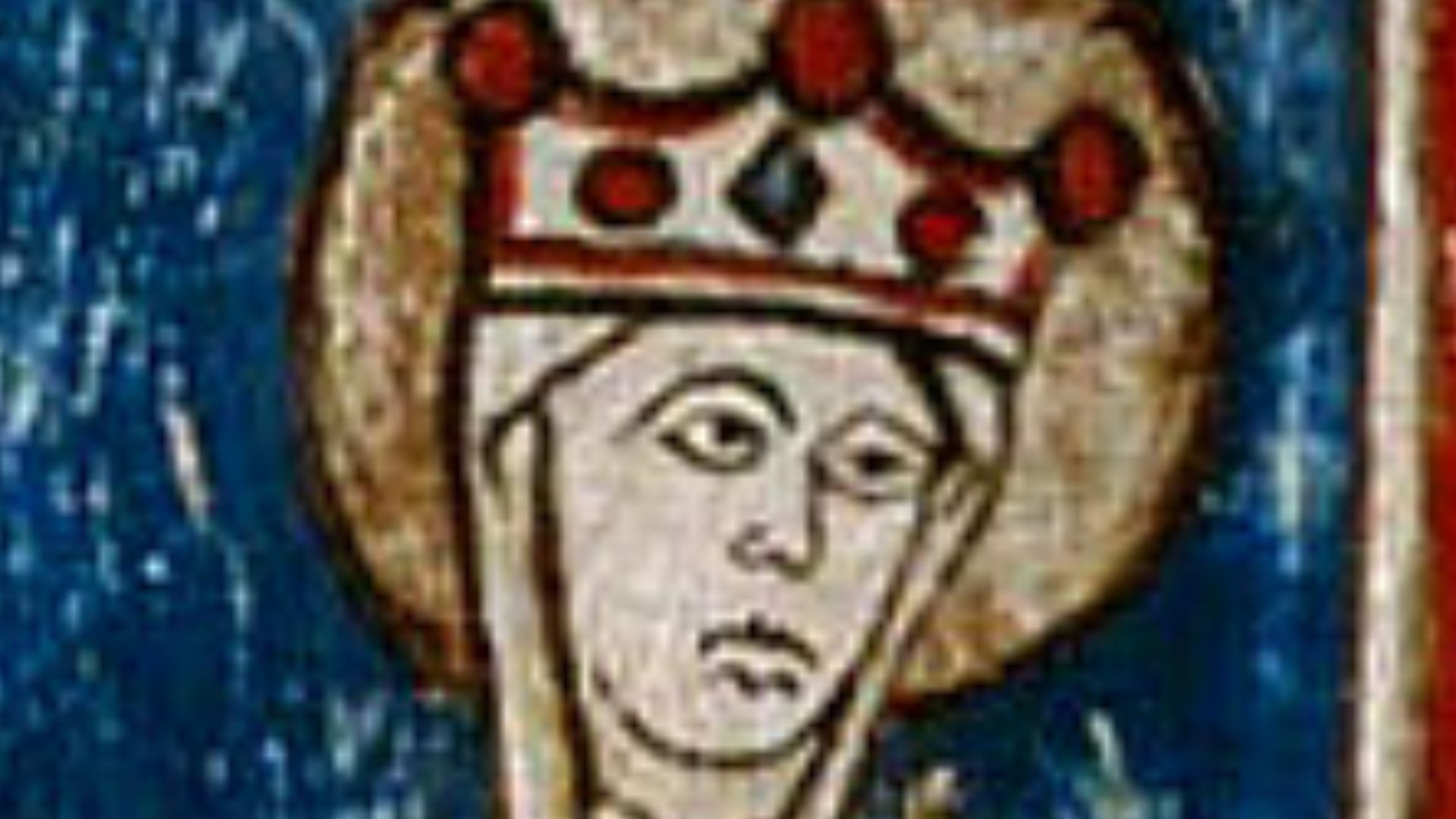 AnonymousUnknown author on Wikimedia
AnonymousUnknown author on Wikimedia
8. The Ottoman Sultans
Istanbul was their throne, yet the Ottomans ruled from North Africa to the Persian Gulf. Under Suleiman, legal reform and architectural splendor reached new heights. The dynasty balanced Islamic law with pragmatic governance, which relied on skilled administrators and the devşirme system.
9. The Habsburg Empire
No sword was needed when a wedding could do the job. The Habsburgs mastered dynastic politics to acquire thrones through alliances. They governed parts of Europe for nearly 600 years, presiding over the Holy Roman Empire and the religious divisions that ignited the Thirty Years’ War.
10. The Tokugawa Shogunate
Tokugawa Ieyasu built a tightly controlled society after his victory at Sekigahara. Centered in Edo, his military government cut off foreign influence and enforced strict class divisions. The result was centuries of peace and cultural growth, though isolation eventually left Japan unprepared for the changes the world would bring.
11. The Romanov Family
Russia crowned its first Romanov tsar in 1613 and buried the family in 1918. Their 300-year rule reshaped an empire through modernization and reform. Peter the Great changed its course. Catherine the Great dazzled foreign courts. In the end, the revolution tore down the throne and silenced the dynasty for good.
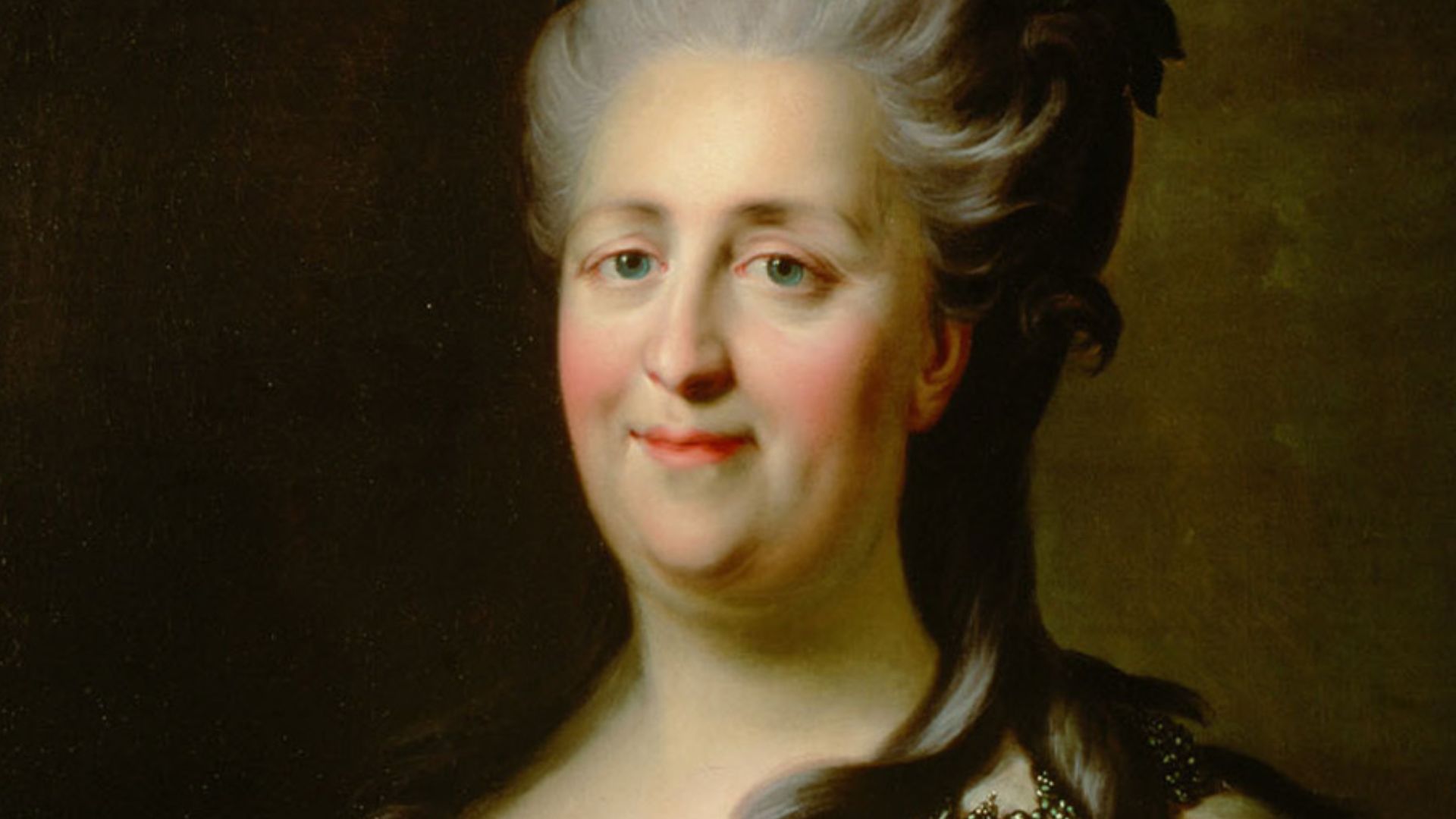 After Alexander Roslin on Wikimedia
After Alexander Roslin on Wikimedia
12. The Qing Emperors
The conquest brought the Manchu-led Qing to power in 1644. They weren’t native Han Chinese, but their reign stretched centuries. Kangxi and Qianlong expanded borders and patronized the arts. Beneath the court’s splendor, internal rebellions and foreign pressures built up until the last emperor stepped down in 1912 amid a collapsing empire.
13. The Kim Dynasty
Dynastic rule is rare in communist states, with North Korea standing as an exception. Founded by Kim Il-sung after the Korean War, the regime’s core was strengthened by Kim Jong-il. Under Kim Jong-un, nuclear power and surveillance ensure the family's continued, absolute authority.
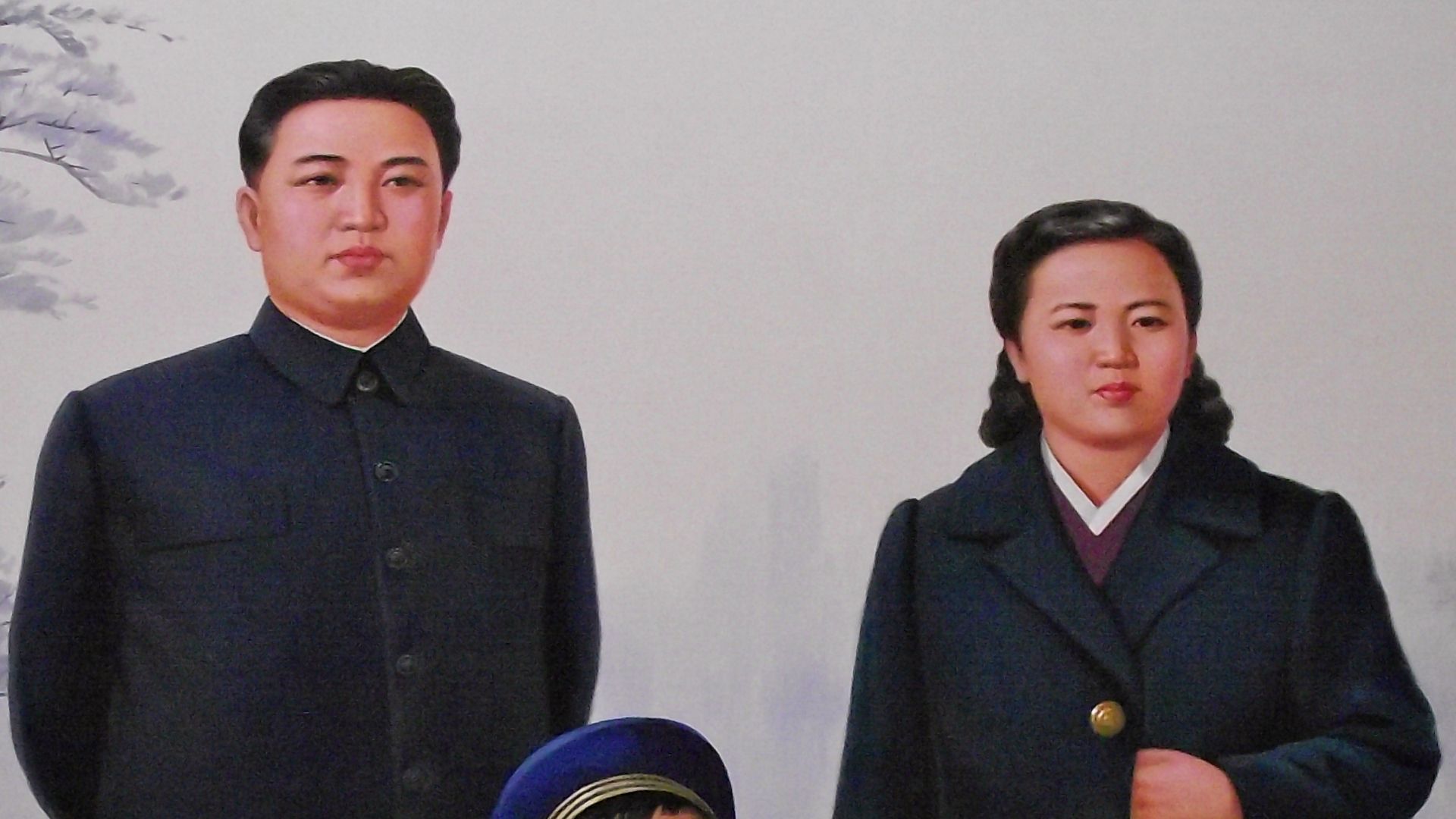 Mark Fahey from Sydney, Australia on Wikimedia
Mark Fahey from Sydney, Australia on Wikimedia
14. The Nehru-Gandhi Family
Few postcolonial families shaped a democracy this deeply. Jawaharlal Nehru steered a young nation with idealism and state-building. His daughter ruled with a steel hand. Then came Rajiv, Sonia, and Rahul, each carrying the weight of legacy and the burden of public expectation.
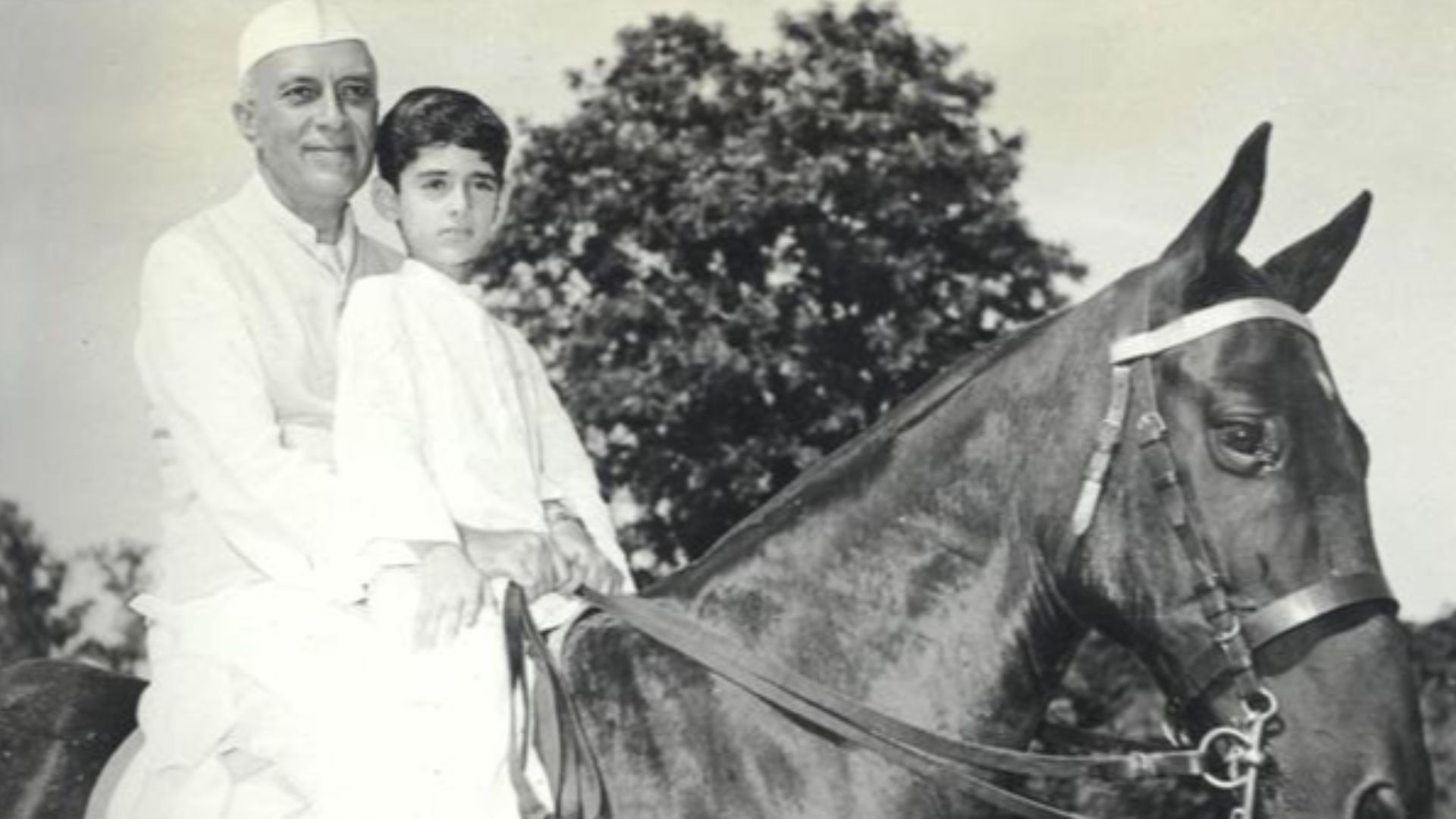 Unknown authorUnknown author on Wikimedia
Unknown authorUnknown author on Wikimedia
15. The Roosevelt Legacy
They weren’t father and son, but their influence runs parallel. Theodore Roosevelt disrupted old politics with energy and reform. Decades later, Franklin D. Roosevelt navigated the Great Depression and global war. Their approaches differed, yet each left deep marks on America’s direction and self-image.
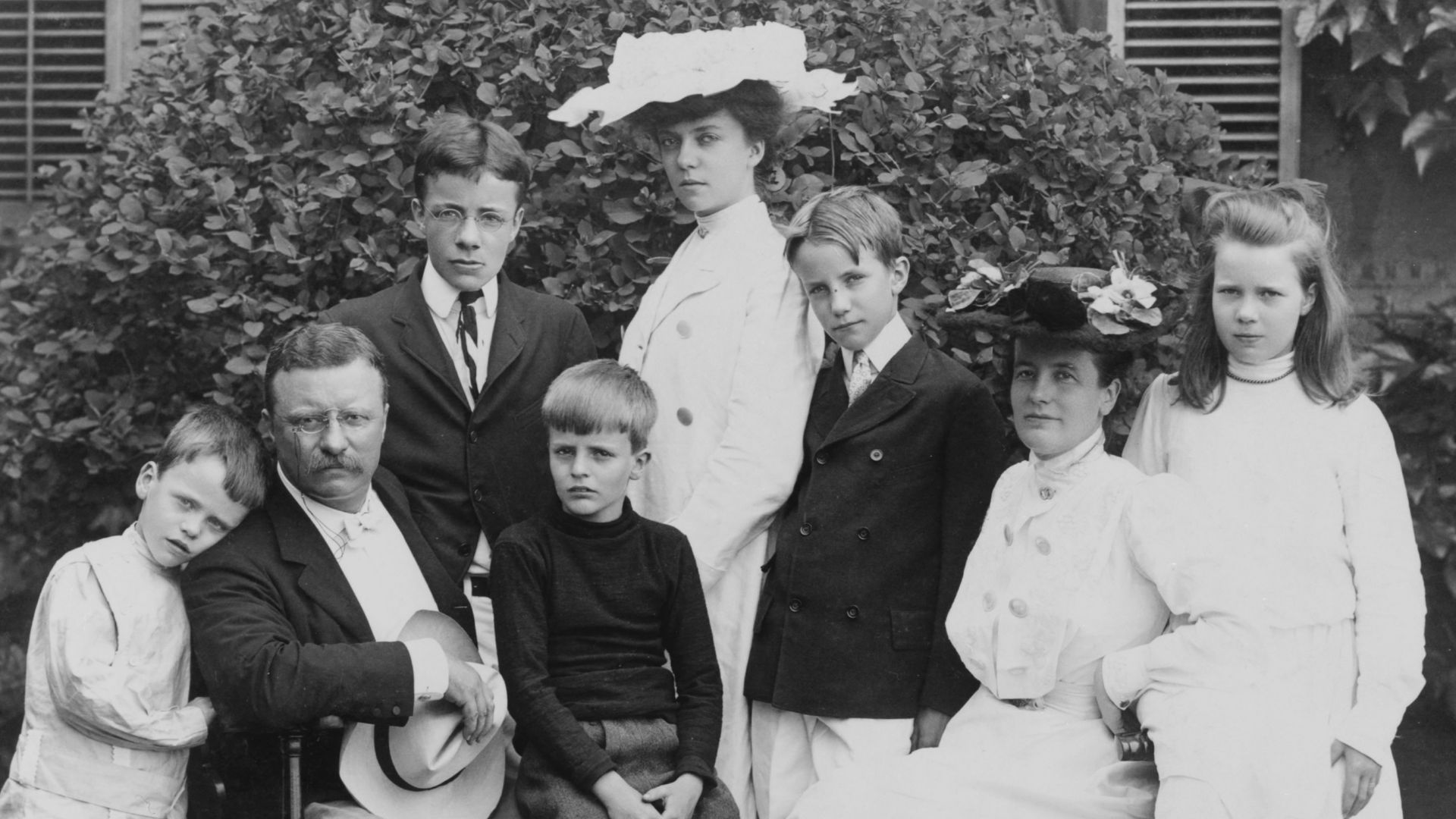 Unknown authorUnknown author on Wikimedia
Unknown authorUnknown author on Wikimedia
16. The House Of Saud
In 1932, Ibn Saud united Arabia’s tribes under one flag and family. Since then, succession has remained in royal hands. Oil transformed their rule into a global force. Each king balanced tradition with modernization. Today, power pivots around Crown Prince Mohammed bin Salman’s assertive domestic and foreign agenda.
17. The Kennedy Clan
Assassination didn’t silence their influence. John F. Kennedy defined a new presidential style: sharp and poised amid Cold War pressure. Robert’s drive and Ted’s longevity extended the family’s reach. Even after decades, the name still draws attention and symbolizes both unrealized potential and lasting public service.
 Cecil W. Stoughton on Wikimedia
Cecil W. Stoughton on Wikimedia
18. The Trudeau Family
Charisma ran in the household. Pierre Trudeau polarized and fascinated a nation through constitutional reform and social shifts. Decades later, Justin Trudeau revived the name with a progressive platform. Their political approach may differ, but both turned leadership into a deeply personal performance.
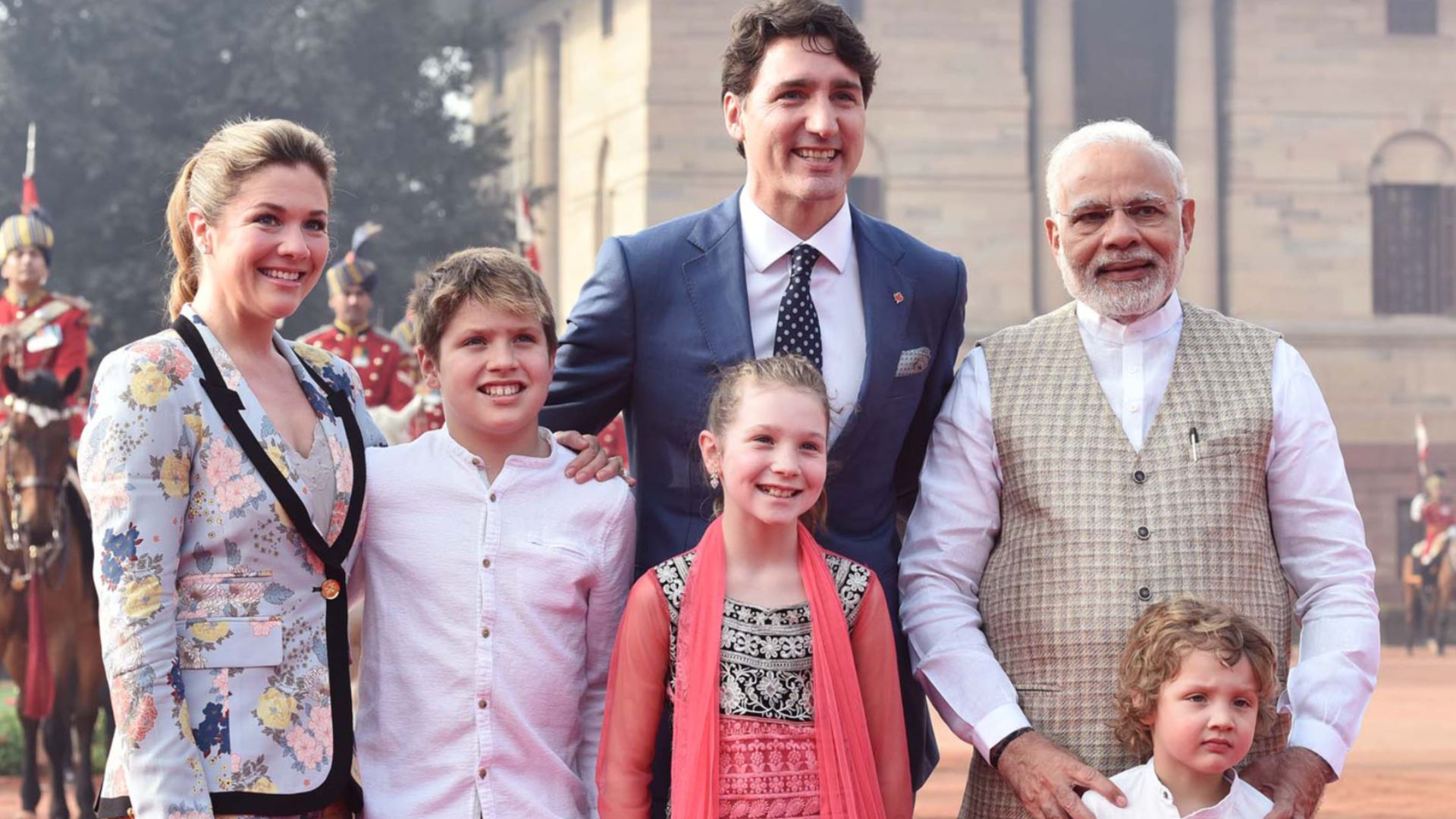 Prime Minister's Office on Wikimedia
Prime Minister's Office on Wikimedia
19. The Bhutto Lineage
Dynasties often begin in turmoil, and this one never truly left it. Zulfikar Ali Bhutto founded Pakistan’s People’s Party and served as president and prime minister before being overthrown. His daughter became the Muslim world’s first female PM. Assassinations haunt their story, but their political presence endures.
20. The Bush Family
They came from old money, but power came through careful timing. George H.W. Bush climbed from CIA director to president. His son, George W., followed with a post-9/11 legacy that still stirs debate. Another son, Jeb, governed Florida. The influence spanned wars and ideology.
KEEP ON READING

The story of Ching Shih, the Woman Who Became the…
Unknown author on WikimediaFew figures in history are as feared…
By Emilie Richardson-Dupuis Dec 29, 2025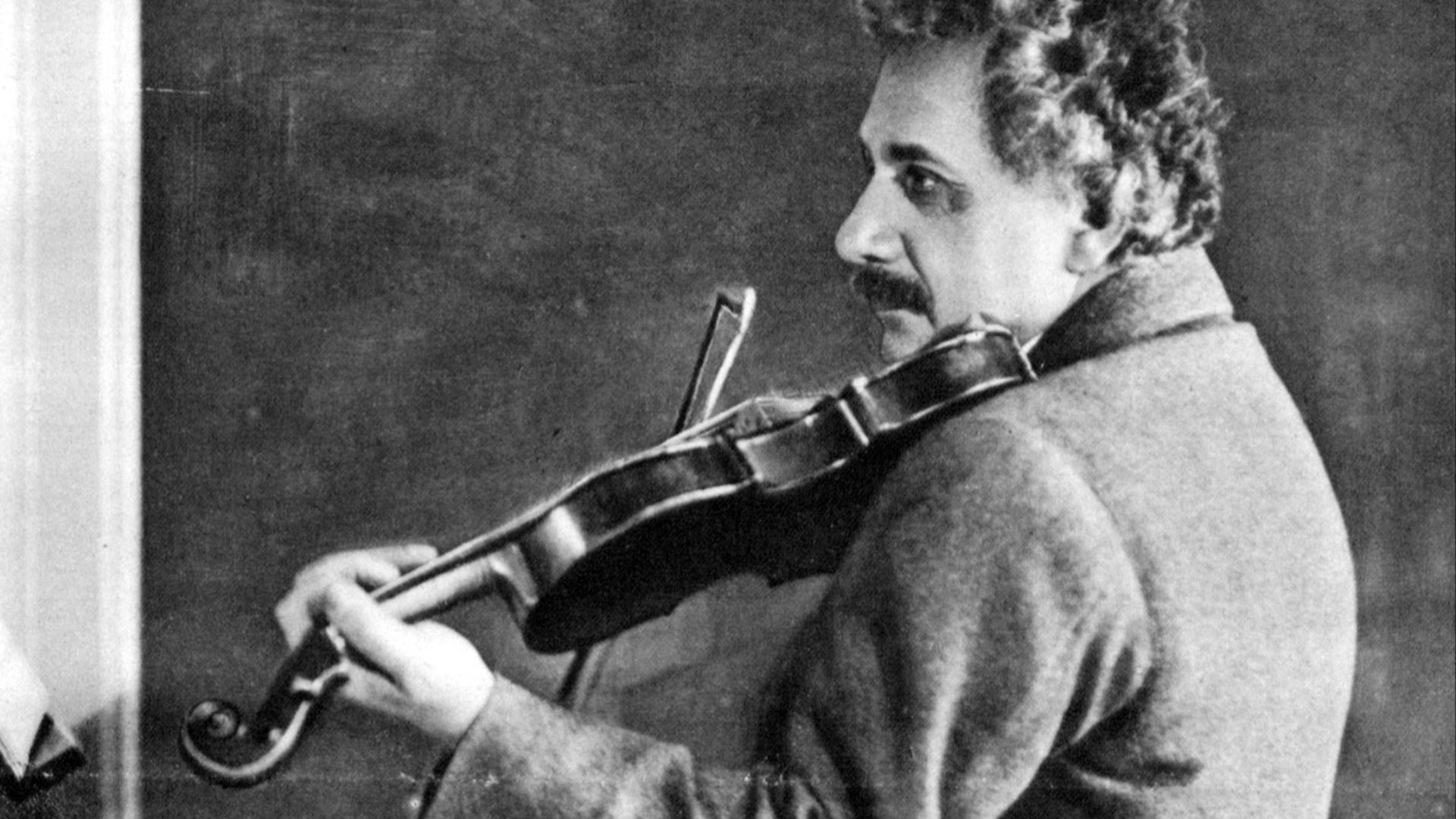
Einstein's Violin Just Sold At An Auction—And It Earned More…
A Visionary's Violin. Wanda von Debschitz-Kunowski on WikimediaWhen you hear…
By Ashley Bast Nov 3, 2025
This Infamous Ancient Greek Burned Down An Ancient Wonder Just…
History remembers kings and conquerors, but sometimes, it also remembers…
By David Davidovic Nov 12, 2025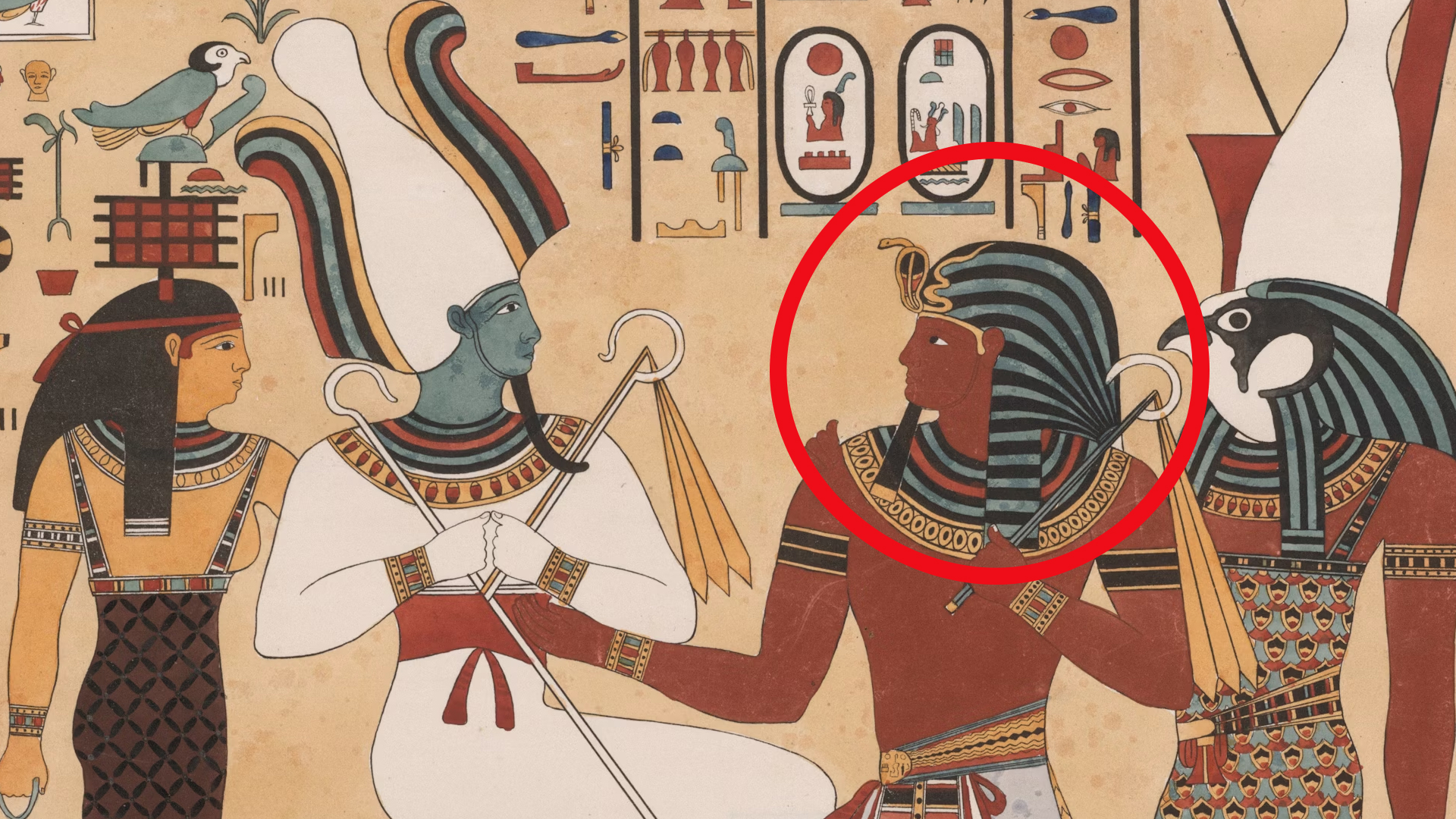
The Mysterious "Sea People" Who Collapsed Civilization
3,200 years ago, Bronze Age civilization in the Mediterranean suddenly…
By Robbie Woods Mar 18, 2025
20 Inventors Who Despised Their Creations
Made It… Then Hated It. Inventors often dream big, but…
By Chase Wexler Aug 8, 2025
20 Misread Historical Moments
We Got The Story Wrong. History loves a good narrative,…
By Breanna Schnurr Feb 6, 2026

